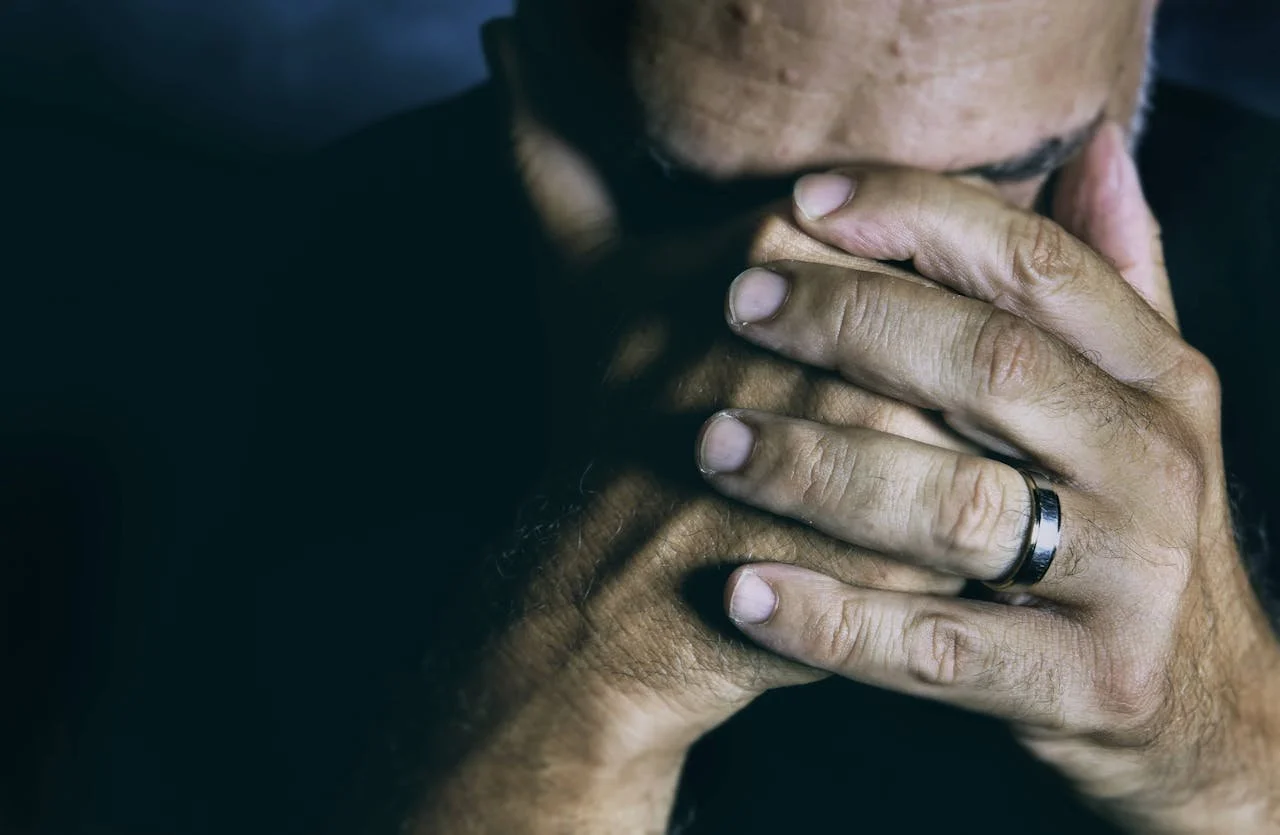When Does Substance Use Become Abuse?
Substance Abuse Disorder (SAD) is more common than many people are led to believe. Not only that, but substance abuse disorders, unfortunately, also commonly co-exist with many mental health conditions. It's not entirely uncommon to hear that someone who has depression, for example, is also using substances as a way to cope.
Now, keep in mind none of this means that someone with a mental health condition will definitely develop a substance abuse problem. Regardless of what is causing the substance abuse to happen, many people will naturally wonder, at what point does substance usage turn into abuse?
What Is Substance Abuse Disorder?
First, we'll talk about the general facts about substance abuse disorder. Substance abuse refers to both the usage of alcohol and drugs, even though many might just think about it as it refers to drug use. It not only impacts somebody's physical health, including their organs, but also their mental health. As both of these areas decline, it may unfortunately cause substance abuse to become even more controlling over a person's life. Where's the turning point, exactly?
It Stops Being a Recreational
Maybe somebody only used to drink when they were out socially with other people. Or, they may have only used recreational drugs at a party or a small gathering. Then, at some point, the usage becomes more frequent. It may have started as having a drink or two or smoking at home to relax after a long, stressful day. Slowly, it may have turned into using the substance they chose every day. Often, this is the turning point for many people when substance use becomes abuse due to their need to partake in it every single day. The need may be subtle initially, but it is very much there.
Loss of Control
As the usage occurs daily, it starts to become a habit. As the habit forms and takes shape, it often leads to the inability to try and cut down. It's common to find that someone tried to stop their usage early on but could not.
Loss of control can also refer to somebody's ability to try and set limits for themselves on how much they use, only to go over that amount. Furthermore, whenever they are around that substance, they will likely find it impossible to resist or turn it down.
Responsibilities Become Neglected
Another turning point for substance usage is other responsibilities fall by the wayside. Using or drinking will take precedence over anyone and everything else in their life. Household responsibilities, family, work, children, and spouses can be placed on the back burner, so to speak.
Relationships Are Damaged
Substance use turns into outright abuse when it begins to impact relationships. When someone is using or drinking, it's incredibly common for them to cause arguments or tension with those whom they are closest to in life. As the relationship morphs into something unrecognizable, it inevitably leads to a loss of trust between the user and whomever it is affecting.
Another sign of abuse is if the user consistently asks for money or lies to their people about what they need it for. They may say they are behind on bills, which may be true, but this is to secretly hide that all their money is going toward their usage.
How to Overcome Substance Abuse
Substance abuse, regardless of how or why it started, has a domino effect on every area of a person's life. It's more than just a disorder that needs to be overcome; it's a disease that deserves to be healed.
If you or someone you know is potentially struggling with substances, don't hesitate to reach out. Substance abuse counseling can give you the resources and tools to healthily and safely overcome your addiction.

